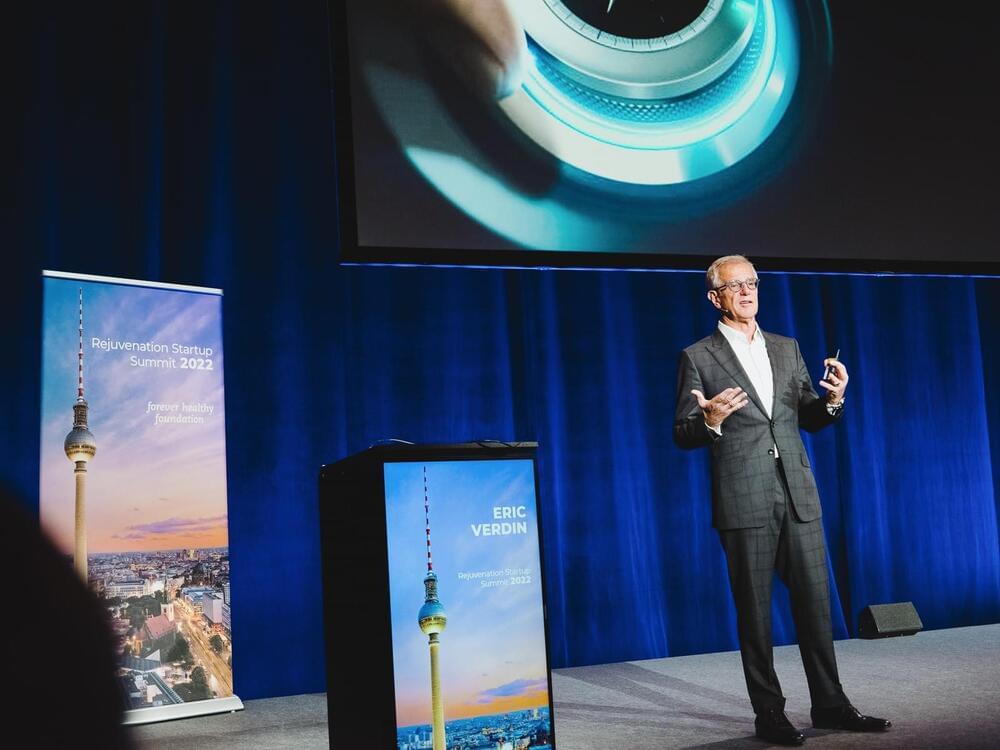Government support is needed, however, to help consumers overcome heat pumps’ higher upfront costs relative to alternatives. The costs of purchasing and installing a heat pump can be up to four times as much as those for a gas boiler. Financial incentives for heat pumps are now available in 30 countries.
In the IEA’s most optimistic scenario – in which all governments achieve their energy and climate pledges in full – heat pumps become the main way of decarbonising space and water heating worldwide. The agency estimates that heat pumps have the potential to reduce global carbon dioxide (CO2) emissions by at least 500 million tonnes in 2030 – equal to the annual CO2 emissions of all cars in Europe today. Leading manufacturers report promising signs of momentum and policy support and have announced plans to invest more than US$4 billion in expanding heat pump production and related efforts, mostly in Europe.
Opportunities also exist for heat pumps to provide low-temperature heat in industrial sectors, especially in the paper, food, and chemicals industries. In Europe alone, 15 gigawatts of heat pumps could be installed across 3,000 facilities in these three sectors, which have been hit hard by recent rises in natural gas prices.







